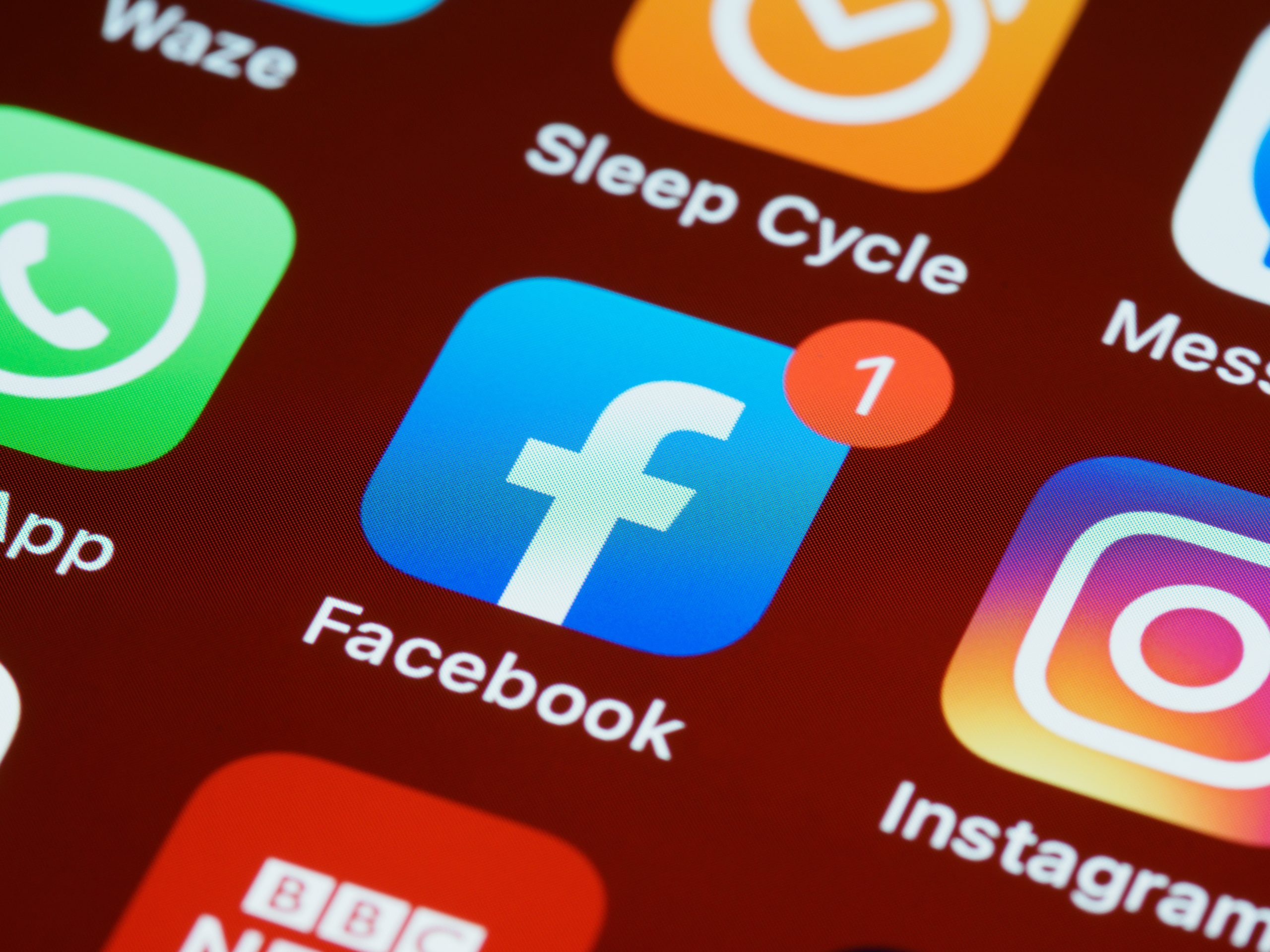The U.S. Supreme Court will hear arguments today in two cases related to some of the world’s biggest social media platforms.
Considered by many to be two of the hottest free speech cases of the internet age, one case is from Texas, the other from Florida. And though there are slight differences between the two state laws being challenged here, the cases appear to center on a central question: do social media companies have the right to independently decide what content appears on their platforms, amplifying or removing content as they see fit?
The social media companies say their First Amendment free speech rights are being violated with the Texas and Florida laws. The states say those social media companies aren’t entitled to First Amendment free speech protection. And it may come down to whether a majority of the court sees social media as more like a newspaper or more like a telephone company.
Charles “Rocky” Rhodes, a professor of law at South Texas College of Law in Houston, said both of these laws are on hold and have not yet gone into effect because of pending court cases.
“They were a response to some of the social media platforms de-platforming Donald Trump and other politicians in the wake of the Jan. 6 riots at the Capitol,” Rhodes said. “And there was a concern from Texas and from Florida that [these politicians] were being targeted because of their conservative beliefs.
And so the idea of both of these laws was to try to keep social media platforms from banning individuals or discriminating against individuals based on the viewpoints of their speech. And it also placed some very onerous burdens on social media companies with respect to disclosure requirements of their terms and their policies with respect to data management and content, and the use policies that they would be using.”
» GET MORE NEWS FROM AROUND THE STATE: Sign up for Texas Standard’s weekly newsletters
The plaintiff in the case is NetChoice, an industry association that includes most of the big platforms we all think of — Facebook, X (formerly Twitter), YouTube, etc.
“They’re making the play that when they are deciding which messages to amplify and which messages that they want to remove from their platform, that they are acting as the modern editor of a newspaper, and there are good precedent for the United States Supreme Court saying that a state can’t tell a newspaper what to print,” Rhodes said.
“They’re arguing that the same principle applies to them, that they are allowed to make editorial decisions on their private platform. And this is something that people have to keep in mind that the social media companies, as big and important as they are, are not the government. They are actually privately-owned.”
Texas and Florida, however, say these companies are acting as a “common carrier” and therefore do not have a claim to free speech.
“They’re trying to say that social media companies are a modern equivalent of what used to be a very familiar idea of the common carrier, that they don’t have the ability to discriminate with respect to their service. They have to accept everyone,” Rhodes said. “And the social media companies come back and say, well, common carriers were different because they never engaged in their own expressive activities.
Common carriers did sometimes transmit the speech of others, like a telegraph would be the old example, or telephone… But they did not actually engage in their own expressive activities. And the social media companies are claiming that ‘we do because we are trying to communicate messages. We’re creating news feeds for individuals. We’re trying to increase, of course, advertising streams that we are engaged in expressive activities in a way that your internet service provider or in a way that your telephone company is not.’”
As this case goes forward, Rhodes said the state’s arguments are rooted in political ideology.
“The Texas law has a specific exemption for companies under 50 million users. So it wouldn’t cover conservative sites like Parler,” he said. “The Florida law had exemptions for Disney and for Universal that were then taken out once Disney and Universal started criticizing Florida [political leaders]. A big part of the underlying motivation for these laws was the political concern that conservatives thought that their voices were being removed from the site and the marketplace of ideas.”














